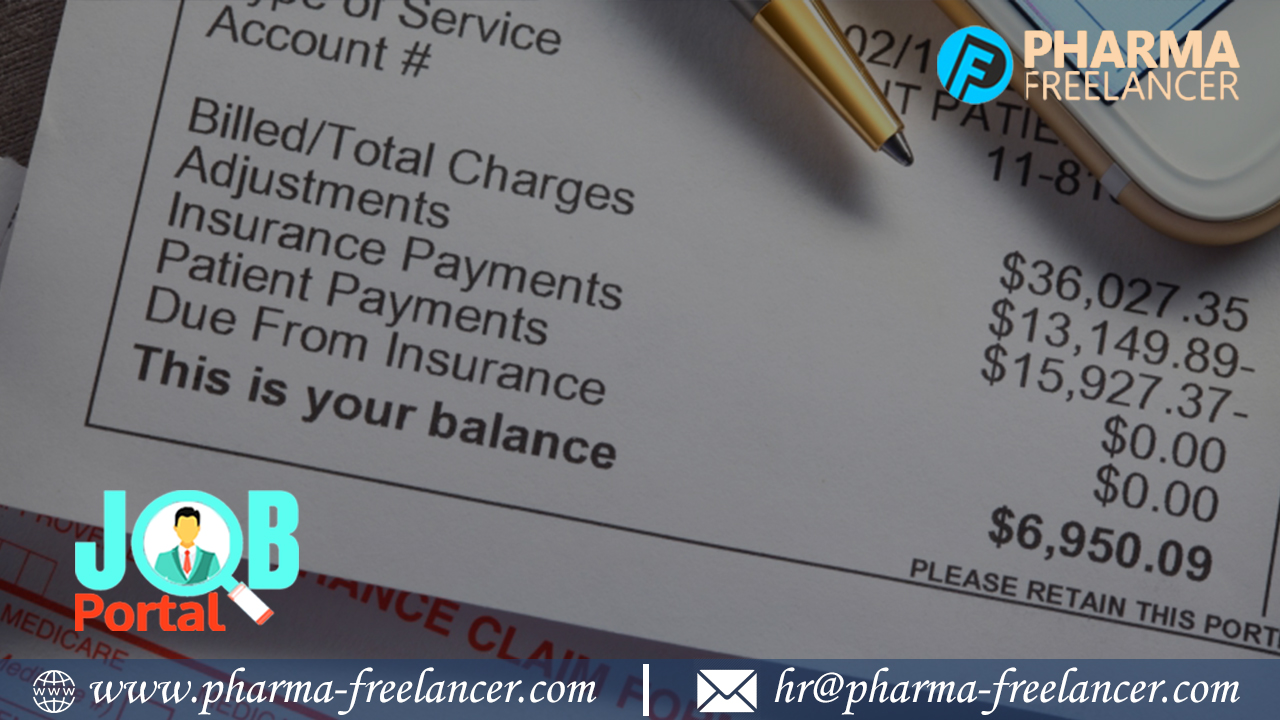Six ways to survive working as an on-call pharmacist

Working as an on-call Pharmacist is one of the most complex parts of a pharmacist's career, but it is also an essential part of pharmacists' training and it is the best time during which anyone can learn the most. Clinical learning is at the forefront of most health professional minds. We can call it a process of operational learning and high-stake decision making. Here are some practical tips to help you to make way to a smooth-running for the on-call profile.
- Work in an organized way: - On-call experience can change a person’s ways of working. An organized or semi-organized shift can help to keep patients safe and create a positive experience for patients and health professionals also. The profession of a dedicated pharmacist on-call was developed years ago, as a solution to a problem pharmacists were facing in the long term care pharmacy community.
- Manage your shift hours: working hour makes a big difference for a junior on-call Pharmacist. As long term care pharmacists seem so busy due to working hours. Other aspirants in retail settings also think their workdays really end. As a retail pharmacist, you were very aware of what time your day ended. Sure, you may have had a few loose ends to tie up at the end of your shift, but your shift did eventually end, at which time they were free to enjoy with their family, their friends, and your own free time. They do not enjoy any kind of freedom. The pharmacist seems tired from working all day.
- Take a sound sleep for a good start: On-call pharmacist did not sleep through the night due to receive more calls before he left home. Sometimes at night, this pharmacist had to make several trips to the pharmacy to dispense urgent first doses to the nursing home residents. This is very essential to look after yourself the pharmacist has no uninterrupted free time, no bowling night, and no movie with the family as well. If the pharmacist would receive a few more calls before he left and this would buy him enough time to quickly make it home for a hot meal before being paged again. Pharmacists take immediately return to the pharmacy and expected to answer nursing questions and field doctor calls throughout the nights.
- Remain humble and professional: This pharmacist was expected to remain professional, polite and eager to help no matter what the hour. This pharmacist was also expected to return to work the next morning, be productive, alert and never, ever make an error. This pharmacist was also expected to take the pager again that night- it was, after all, his week on-call. Remember that you are the only point of call and that means that professionalism must come first. After all, if you’re unable to show it you won’t be able to do your best work and give the patient the treatment they deserve. A rude pharmacist is not a professional one.
- Make documentation: Document everything you do. As a dedicated on-call pharmacist keep everything in the record. An On-Call Pharmacist takes all the call duties and takes over phones at night, answering and responding to all emergency calls. They serve as a personal on-call pharmacist and back up pharmacy providers. At the same time, they dispense first dose medications, drug information and more.
- Manage all the tasks with the system: Perform all the tasks with organized systems improves efficiency. There are many ways to prioritize your tasks and these systems can be used in combination. Systematic work makes every task easy and it goes along way. Manage all the tasks in a proper way ensures that you can complete the job and it also eases the handover, today staff.
Latest Blog List

Workforce planning in a changing landscape for pharmacy

Are We Paying Enough Attention to Data Security in Digital Health?

A pharmacist's guide to becoming more assertive.

Six ways to survive working as an on-call pharmacist

Reputational management: does pharmacy need it?

What I learnt from running a pharmacy focus group

Five alternative careers for pharmacists

Seven things you need to know about polypharmacy

A vision for the future of community pharmacy

How will technology aid an ageing world?